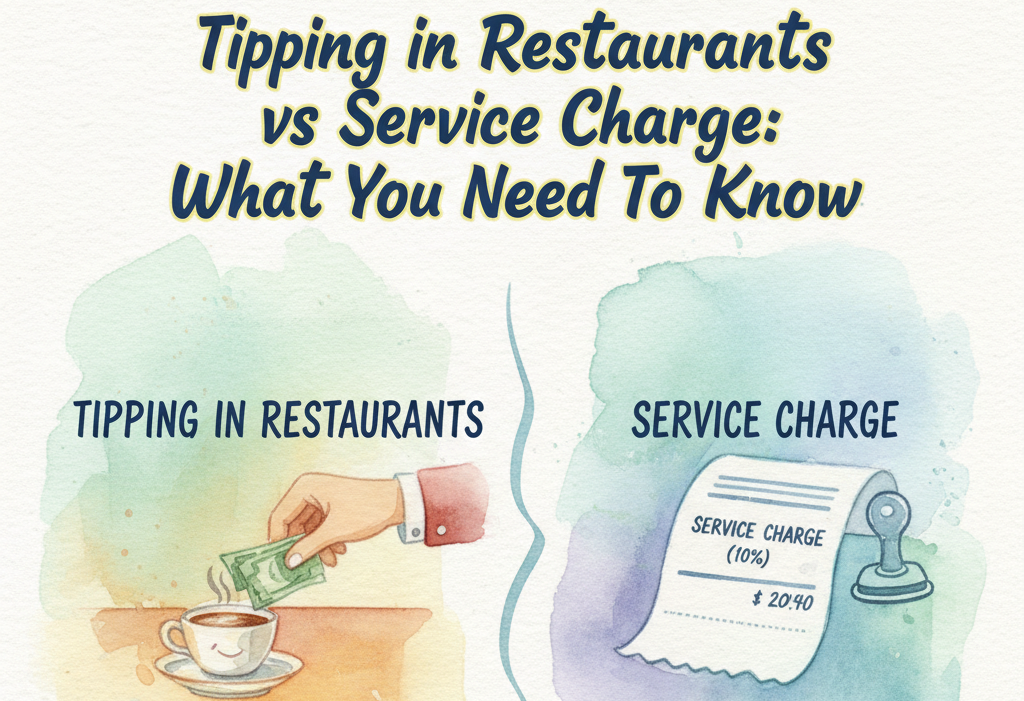Employee retention is an important factor in any business. Keeping good employees can help ensure your business runs smoothly and efficiently. However, employee retention can be a challenge. This blog post will provide 7 effective tips to help you keep your employees engaged and happy in the workplace.
#1: Offer Competitive Compensation
When it comes to employee retention, offering competitive compensation is essential. Employees need to feel like they are being fairly compensated for the work they put in. This means that an organisation needs to be mindful of industry standards and the going rate for similar positions when determining pay. In addition to having competitive base salaries, organisations should also consider offering bonuses and other incentives. This could include offering bonuses for meeting certain goals or offering attendance incentives.
Furthermore, organisations should consider offering benefits to their employees such as health insurance, retirement plans, and other types of insurance. This can help employees feel valued and supported, as well as secure in their financial future. Benefits are a great way to show employees that their needs are being taken care of and that the organisation is invested in their well-being.
#2: Provide Opportunities for Professional Development
Professional development is an essential part of employee retention. Without opportunities for growth and development, employees can quickly become disengaged and uninterested in their jobs. Providing employees with opportunities for professional development is an important way to keep them engaged and excited about their work. One way to provide employees with professional development is to offer them access to courses, workshops, and seminars. This can be done through in-person or online learning opportunities. Additionally, employers can provide employees with the opportunity to attend conferences and training sessions that are relevant to their jobs. This provides employees with the opportunity to learn new skills and gain the knowledge they need to perform their job better.
#3: Create a Positive Work Environment
Creating a positive work environment is essential for employee retention. When employees are in an environment that is supportive and encouraging, they are more likely to stay with the company for the long-term. To do this, employers need to ensure that every employee is treated fairly and with respect. This means providing ample opportunities for feedback and communication and recognizing employees for their hard work. It’s also important to make sure the workplace is comfortable and inviting. This could mean providing comfortable seating, offering snacks and drinks, or having an open-door policy. Additionally, employers should strive to create a sense of community in the workplace. This could involve organising team-building activities and offering employee recognition programs.
#4: Show Your Appreciation
Showing appreciation to your employees is a great way to ensure their loyalty and satisfaction with the company. A simple “thank you” can go a long way in motivating employees and making them feel valued. It is important to take the time to recognize employees for their hard work and dedication to their job. This can be done through verbal acknowledgments, rewards, and recognition programs. A simple reward system that recognizes employees for their performance and accomplishments can be an effective way to show appreciation. For example, you could offer a bonus or gift card to employees who go above and beyond their job duties or perform exceptionally well. Another way to show appreciation to employees is to provide them with professional development opportunities. Investing in your employee’s growth and development is a great way to show them you care. This could be in the form of education, mentorship, or a variety of other activities. Taking the time to help employees build their skills and grow in their careers helps them to feel valued and appreciated.
Finally, taking the time to recognize important milestones in your employees’ lives can be an effective way to show appreciation. This could be in the form of a gift, an award ceremony, or simply sending a card to congratulate them on their accomplishments. No matter what form you choose, taking the time to recognize your employees’ successes can make them feel appreciated and valued.
#5: Offer Flexible Schedules
Studies have shown that employees who are able to work flexible schedules are more likely to stay with an organisation and be more productive. By allowing employees to work around their own schedules and other commitments, it shows that an employer is willing to accommodate their employees’ needs. This can lead to a better work-life balance and a greater sense of job satisfaction.
Flexible schedules can also help employers reduce stress for their employees. By allowing employees to work when it is convenient for them, it can help reduce the amount of stress they feel from having to rush to work or stay late. This can lead to increased productivity and a more positive work environment. Additionally, allowing employees to work when they are most productive can help improve their overall performance.
#6: Promote Work-Life Balance
To promote a healthy work-life balance, employers should provide flexible scheduling options and allow employees to adjust their workloads to accommodate their personal lives. Employers should also encourage employees to take regular breaks and vacations, as well as make time for hobbies and personal interests. Additionally, employers should create a workplace environment that is supportive of employees’ personal lives, such as providing resources and support for childcare, eldercare, and other family needs.
Finally, employers should foster a culture that values and respects the need for work-life balance. This means providing clear communication and expectations, and ensuring that employees feel supported and appreciated for their efforts. Doing so will help to ensure that employees feel valued and will help to keep them motivated and engaged in the workplace.
#7: Encourage Open Communication
Open and honest communication between employees and their managers is essential for effective employee retention. Without it, employees may feel unheard or undervalued and can quickly become disengaged. To encourage open communication between staff and management, create an environment where employees feel comfortable expressing their ideas and opinions. Encourage them to speak up and be heard. Provide feedback both positive and constructive so that employees can learn and grow.
Creating channels of communication that are accessible and easy to use will also help foster open dialogue. Utilise technology, such as cloud-based collaboration tools, to provide a platform for employees to share their thoughts and feedback. Encourage managers to check in with their direct reports regularly, and provide opportunities for employees to ask questions. This will help ensure that employees feel connected and can easily stay in contact with their managers.
Conclusion
Employee retention is a critical component of any successful business. It’s important to recognize the value of your employees and take proactive steps to ensure they are happy and fulfilled in their work. By following the seven tips outlined in this post, you can create a positive and supportive environment that encourages your employees to stay with your company and help your business reach its goals.
Some of the tips may seem small, but they can have a big impact on employee retention. Taking the time to recognize employee achievements, offering flexible scheduling options, and providing regular feedback are all important elements of a successful employee retention strategy. Additionally, providing competitive compensation and benefits packages can help to attract and retain the best talent. By utilising these seven tips, you can create an environment that will help ensure your employees remain motivated and engaged in their work. This will help to ensure that your business remains successful for years to come.




